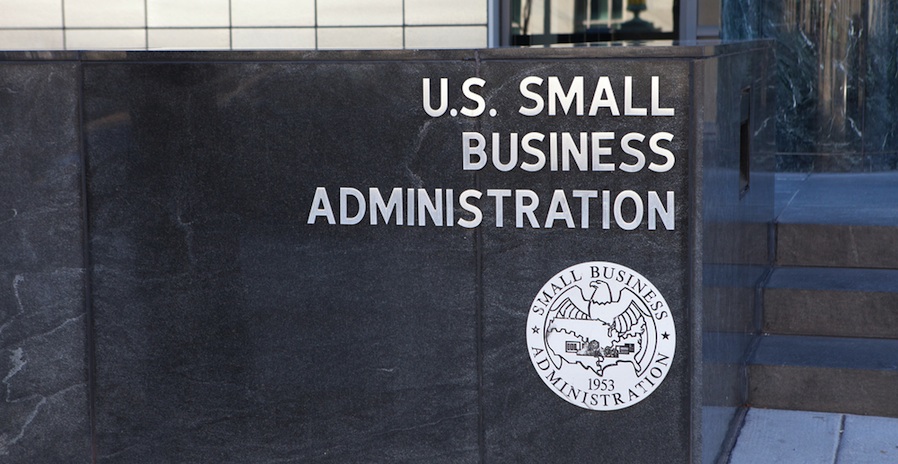Will an SBA Loan Program Work for You?

Small businesses employ hundreds of millions of people in the United States, making them a pillar of the economy. When entrepreneurs need to borrow money, they have the option of turning to entrepreneurs’ greatest ally: the U.S. Small Business Association (SBA) for help.
One popular misconception, however, is that the SBA lends money directly to small businesses. It does not. Instead, offers lending options to businesses that might not otherwise qualify for a conventional loan or line of credit. What the SBA can do for you in buying an existing business is help facilitate a loan with a third-party lender, secure a bond or assist you in finding venture capital.
Each of the four SBA Loan Programs was created for a specific purpose, each with different requirements based on what the business does to receive income, the character of ownership as well as where the business has operations. From starting up or expanding your business to recovering from disasters, SBA loan programs are available to help your business succeed. The four main loan programs include:
General Small Business Loans 7(a): — The 7(a) Loan Program, SBA’s most common loan program, includes financial help for businesses with special requirements.
Eligibility requirements: A business must be engaged in an activity SBA determines as acceptable for financial assistance from a federal provider. There are also eligibility factors for financial assistance based on the activities of the owners and the historical operation of the business; however, special considerations apply to some types of businesses and individuals.
Microloan Program — SBA’s Microloan Program provides small, short-term loans (up to $50,000) to small businesses and certain types of not-for-profit child-care centers, to both start up and expand, and can be used for working capital, inventory or supplies, furniture or fixtures and machinery or equipment. The average Microloan Program is approx. $13,000. To apply for a Microloan, you must work with an SBA approved intermediary in your area.
Eligibility requirements: Each intermediary lender has its own lending and credit requirements. Generally, intermediaries require some type of collateral as well as the personal guarantee of the business owner.
Real Estate & Equipment Loans — The CDC/504 Loan Program provides financing for major fixed assets such as equipment or real estate.
Eligibility requirements: Maximum loan amounts are determined by how funds will be used based on which goal they support: job creation, public policy or small manufacturing. The maximum SBA debenture is $5 million for meeting the job creation criteria or a community development goal. The maximum SBA debenture is $5 million or $5.5 for small manufacturing or when meeting the public policy goals of energy reduction or alternative fuels. The maximum debenture for small manufacturers is $4 million.
Disaster Loans — SBA provides low-interest disaster loans to businesses of all sizes, private non-profit organizations, homeowners, and renters. SBA disaster loans can be used to repair or replace certain items damaged or destroyed in a declared disaster, including real estate, personal property, machinery and equipment, and inventory and business assets.
Eligibility requirements: A business must be in an SBA declared disaster area to be eligible for SBA disaster assistance.
